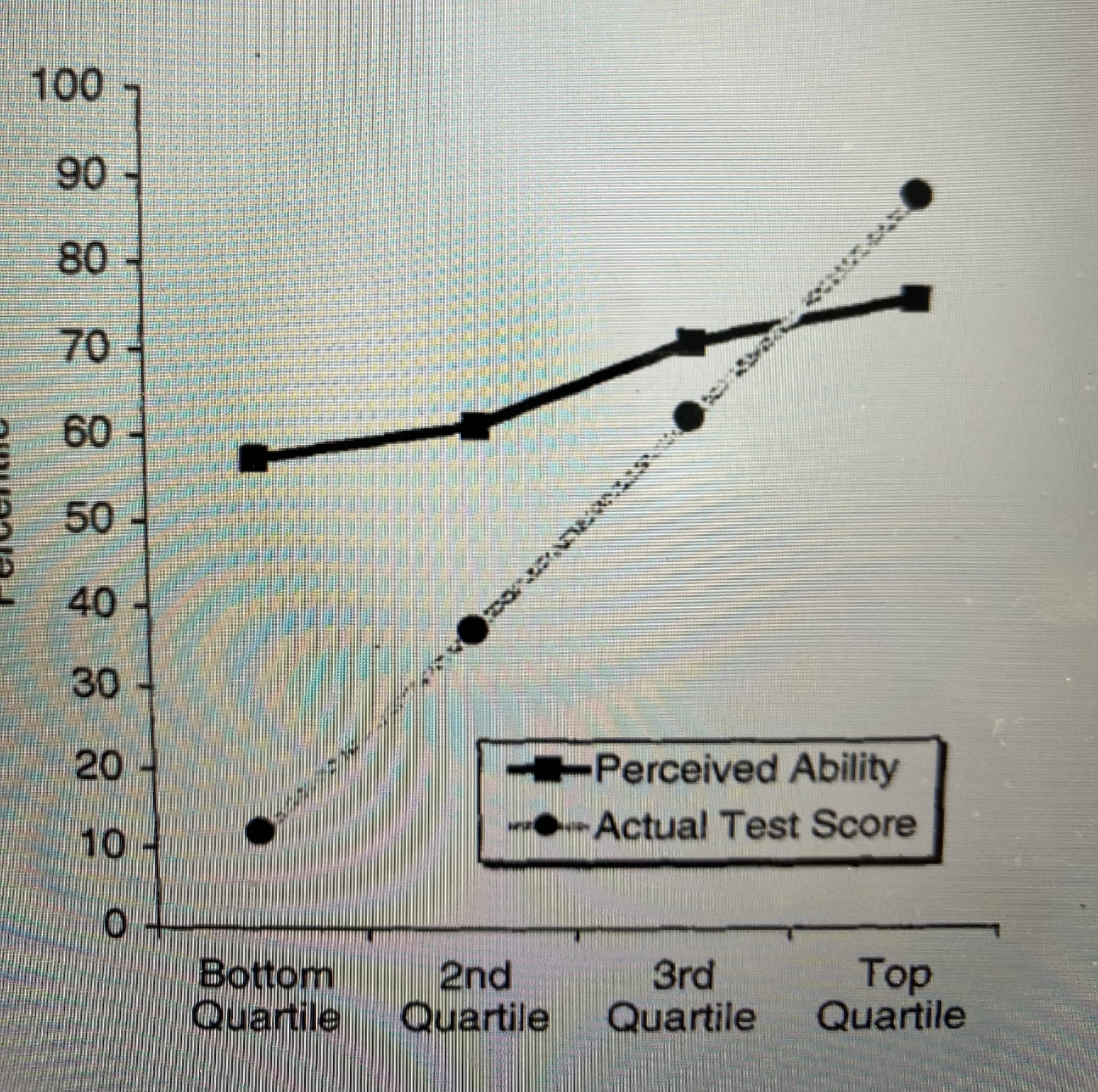#033 You're being lied to and that's a good thing
The Dunning-Kruger Effect isn't real. If you think it is the next 6 minutes will be an eye-opener. Even if you haven't heard about it before, you will still learn how false ideas can be useful and true ideas can be harmful.

“People who have little knowledge systematically tend to think that they know much more than they do because their own incompetence makes it difficult for them to recognise their mistakes and limitations." - Dunning and Kruger
The Dunning-Kruger Effect isn't real.
If you think it is the next 6 minutes will be an eye-opener.
Even if you haven't heard about it before, you will still learn how false ideas can be useful and true ideas can be harmful.
Towards the end of surgical training, you are particularly dangerous.
You have a grasp of how to perform a wide number of planned and unplanned operations. You rarely need someone to come to bail you out when things go wrong.
If you've passed your final exams then you are doubly dangerous. The Royal College of Surgeons has agreed that you have the knowledge of a day-one Consultant.
But that knowledge does not mean that you have the experience of how best to use it. One of the most difficult skills to learn is when not to operate, even if you think you can.
And so to temper this perception/experience gap we are taught about concepts like the Dunning-Kruger Effect.
The Dunning-Kruger Effect is a cognitive bias where people with low ability at a task overestimate their ability. It occurs because they lack the knowledge to recognise their incompetence, leading them to believe they are more skilled or knowledgeable than they are.

Although a surgeon at the end of their training is highly skilled technically, they are yet to acquire the experience of when to apply those skills. That can only come from getting your fingers burnt. Or, if you're smart, looking at the burnt fingers of others.
So the cocksure surgeon at the end of their training believes they can handle any situation. And this is exactly what gets them into hot water.
Why The Dunning-Kruger Effect Isn't Real
The problem with ideas is that they just need to sound smart to spread. They don't have to be true. Dunning-Kruger is a prime example. This is the actual graph from the original paper in 1999.

On the y-axis is the score from a test. On the x-axis are 4 groups based on skill set. The grey line with dotted circles is how people scored on the test versus their skill set. The black line with squares is how people thought they would do on the test before they took it.
